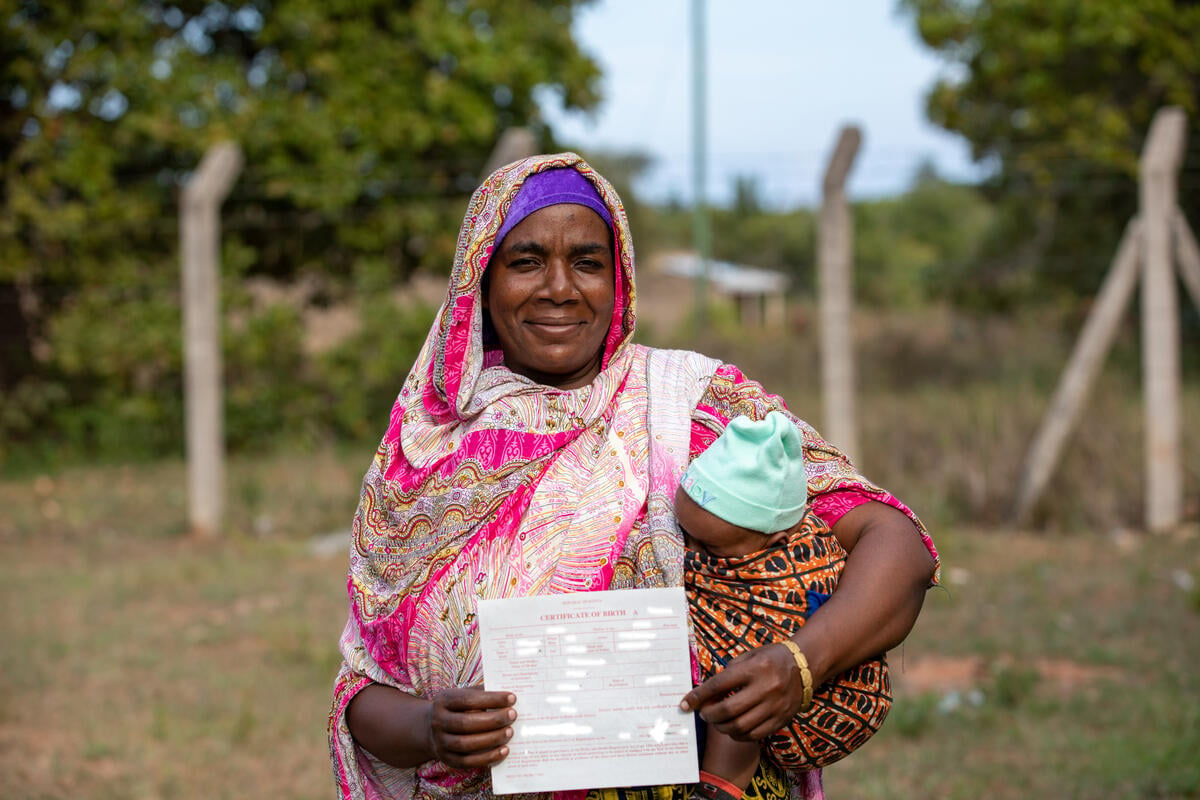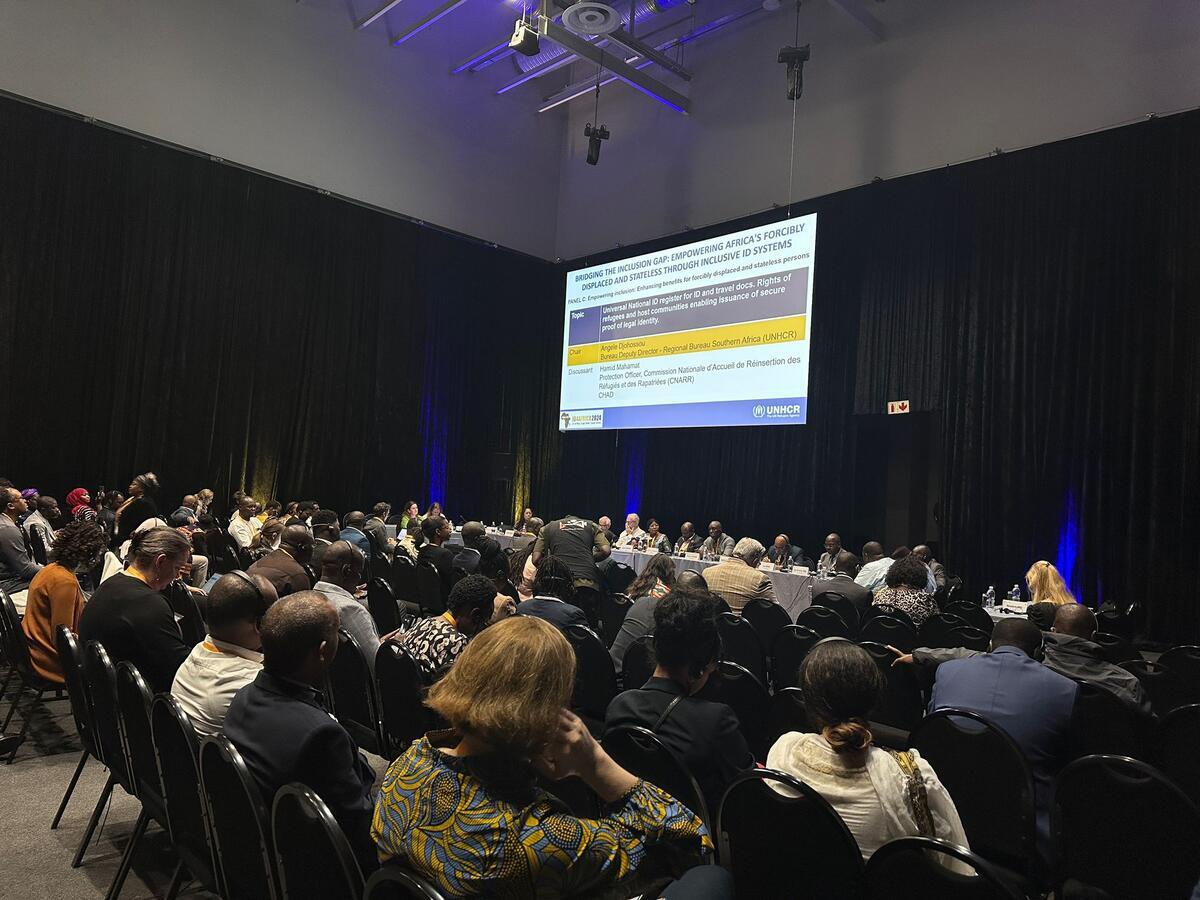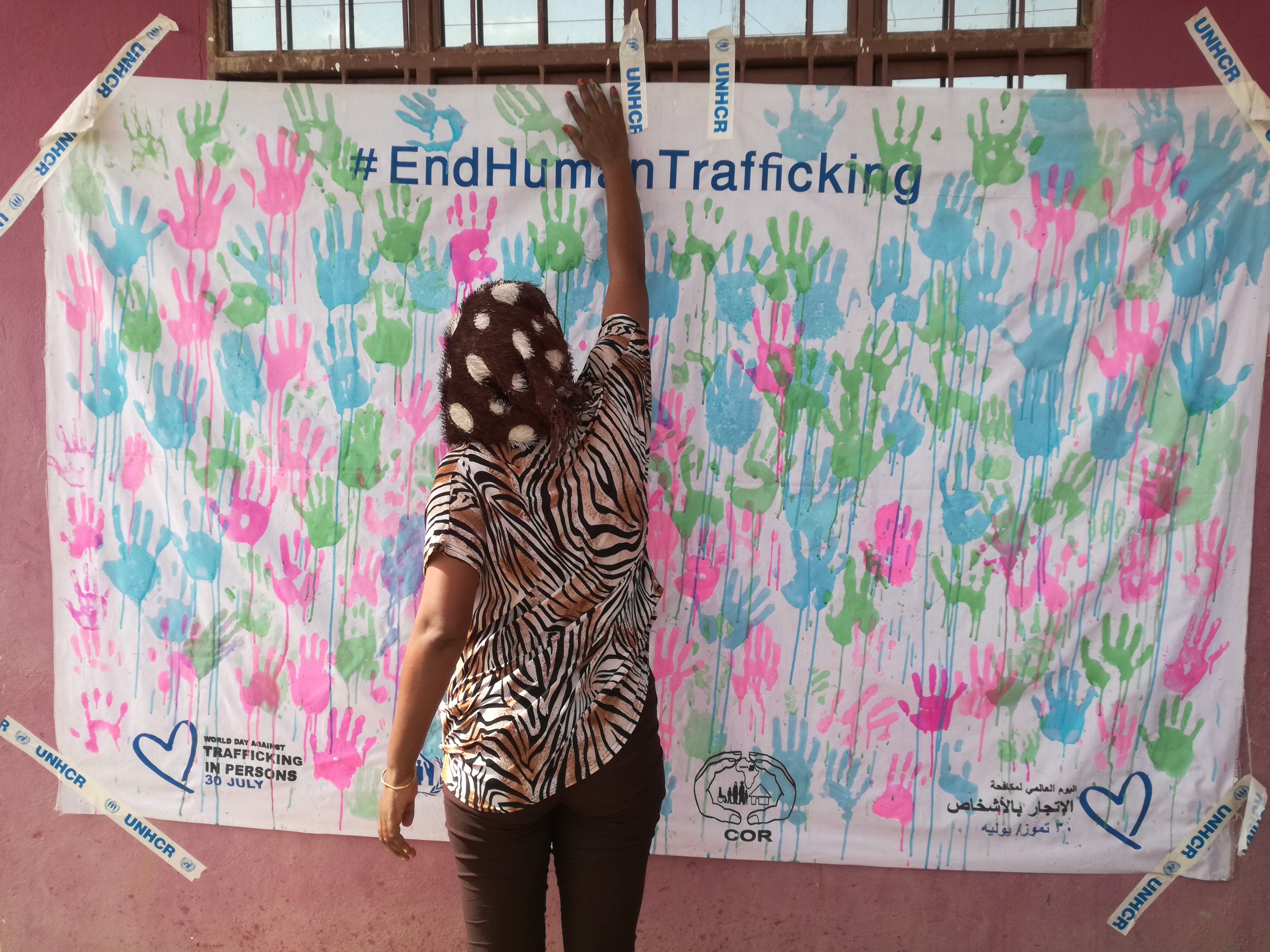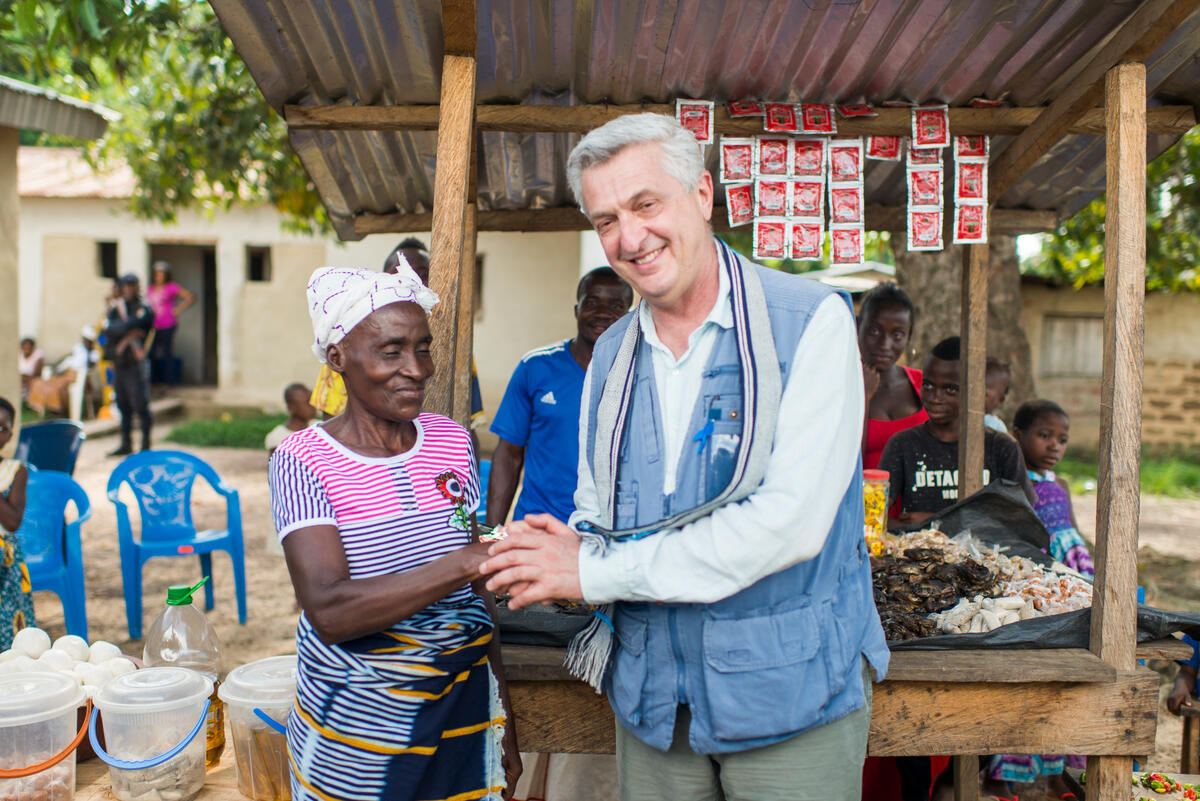Refugees displaced after attempted coup in Côte d'Ivoire
Refugees displaced after attempted coup in Côte d'Ivoire

ABIDJAN, Côte d'Ivoire, September 24 (UNHCR) - Some 200 refugees in Côte d'Ivoire's main city of Abidjan have sought UNHCR help in recent days, declaring they have lost their homes after government forces reportedly burned parts of the city's immigrant districts during a security sweep.
The reported sweep followed an attempted coup on September 19 by mutinying soldiers in Abidjan and two other major cities - Korhogo in the north and Bouaké in the central part of the country. Since then, a curfew has been imposed from 8 pm to 6 am daily, and is scheduled to last until September 29.
Most of the displaced refugees are Liberians and Sierra Leoneans, with some Congolese, Togolese and Nigerians among them. Many had lived in makeshift barracks in the surroundings of the Agban Gendarmerie camp, where fierce fighting had taken place. They reported that many houses had been burned down in the Adjamé district in an apparent attempt by the security forces to root out potential dissidents.
The UN refugee agency has organised emergency shelter at different points of Abidjan, where the displaced refugees can stay safely and avoid potential trouble during the curfew.
Last Saturday, a first group of about 45 frightened Sierra Leonean and Liberian refugees were transported to the CARITAS transit centre in Treichville. The centre usually serves as a medical centre for sick refugees from the Zone d'accueil des réfugiés (ZAR), Côte d'Ivoire's refugee-hosting areas along the border with Guinea and Liberia. The refugee agency has also rented 14 hotel rooms for the group in a hotel near the transit centre.
People continued arriving in front of UNHCR's office throughout the weekend. By Monday morning, there were still a handful of refugees in front of the office, but the main flow seemed to have subsided.
UNHCR is organising additional shelter facilities for displaced people who were recognised as refugees in Côte d'Ivoire and are holders of refugee identity cards.
A group of 122 refugees - consisting of Liberians, Sierra Leoneans, Congolese and Togolese - have been transferred to the IOM (International Organization for Migration) transit centre in the Deux-Plateaux district of Abidjan. The refugee agency has also rented a compound in the industrial area of Koumassi, where 27 refugees have been hosted since Monday. The compound can accommodate up to 200 people.
UNHCR has distributed bread and sardines to refugees in the three centres, with some of the food provided by local residents in a sign of solidarity. A local supermarket has also donated bags of rice and canned food to the displaced. Security guards have been hired to ensure safety at the sites.
"We are sending people to talk to the Sierra Leoneans in particular, and offer them the option to repatriate, informing them about what they can expect in Sierra Leone should they choose to do so," said Margarida Fawke, UNHCR programme officer in Abidjan.
Narcisse Grahouan, who is in charge of CARITAS programmes in Côte d'Ivoire, said, "We are trying to co-ordinate our actions with UNHCR and IOM so that the refugees can receive adequate assistance. We are also looking at the option of transferring some of them to the ZAR (refugee-hosting area), where they can be more thoroughly assisted."
He added, "We may have to bring more staff from our offices in Guiglo, Danané and Tabou, to help here."
UNHCR assists about 2,000 urban refugees, mainly from Liberia and Sierra Leone, in Abidjan. Côte d'Ivoire hosts a total of 72,000 refugees.
As of Monday, there were no reported movements of refugees from Côte d'Ivoire to any of its five neighbouring countries. The borders with Mali, Guinea and Burkina Faso are now officially closed.








